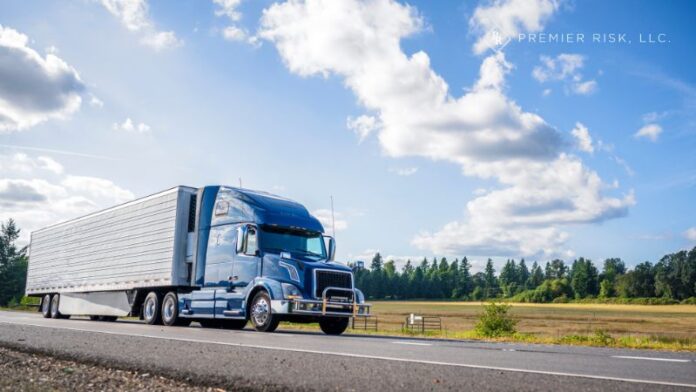In the complex world of trucking and logistics, having robust insurance coverage is not just a legal requirement but a critical component of risk management and business sustainability. Trucking authorities face a unique set of challenges and risks that demand specialized insurance solutions tailored to the industry’s specific needs.
One of the primary insurance coverages for trucking authorities is commercial auto liability. This policy protects against bodily injury and property damage caused by the company’s vehicles. Given the high-stakes nature of trucking accidents, it’s crucial to have adequate limits that can cover potentially catastrophic losses.
Cargo insurance is another essential coverage. It protects the goods being transported in case of damage, theft, or loss during transit. This coverage is particularly important for trucking authorities that handle high-value or sensitive cargo, as claims can quickly escalate into significant financial losses.
Physical damage coverage for the trucks themselves is vital. This can include collision coverage for accidents and comprehensive coverage for non-collision incidents like theft, vandalism, or natural disasters. Given the high value of modern trucks and trailers, this coverage helps protect a company’s most valuable assets.
General liability insurance is necessary to cover incidents that occur outside of vehicle operation, such as injuries at loading docks or damage caused during cargo handling. This coverage can also extend to reputational harm and advertising injuries.
Workers’ compensation insurance is mandatory in most states and covers medical expenses and lost wages for employees injured on the job. In the trucking industry, where occupational hazards are significant, this coverage is particularly crucial.
Many trucking authorities are now opting for cyber liability insurance. With the increasing reliance on technology for logistics management, route planning, and customer data handling, the risk of cyber-attacks and data breaches has grown substantially.
Environmental liability insurance is becoming increasingly important, especially for companies transporting hazardous materials. This coverage protects against cleanup costs and third-party claims resulting from pollution incidents.
Non-trucking liability insurance covers drivers when they’re using their trucks for non-business purposes, filling a gap that standard commercial auto policies might not cover.
Umbrella or excess liability policies provide an additional layer of protection above the limits of primary policies. Given the potential for large-scale accidents in the trucking industry, these policies can be crucial in protecting a company’s assets.
When selecting insurance solutions, trucking authorities should work with specialized brokers who understand the industry’s unique risks. These professionals can help tailor a comprehensive insurance program that addresses all potential exposures while remaining cost-effective.
Risk management services offered by insurers can be invaluable. These might include driver safety training programs, fleet management consultations, and claims handling assistance. Proactive risk management not only helps reduce the likelihood of accidents but can also lead to more favorable insurance terms and premiums.
They form a critical part of a company’s risk management strategy, providing financial protection and peace of mind in an industry where the unexpected is always just around the corner. By carefully assessing their risks and working with knowledgeable insurance professionals, trucking authorities can develop a robust insurance program that safeguards their operations, assets, and long-term viability in this challenging yet essential industry.
